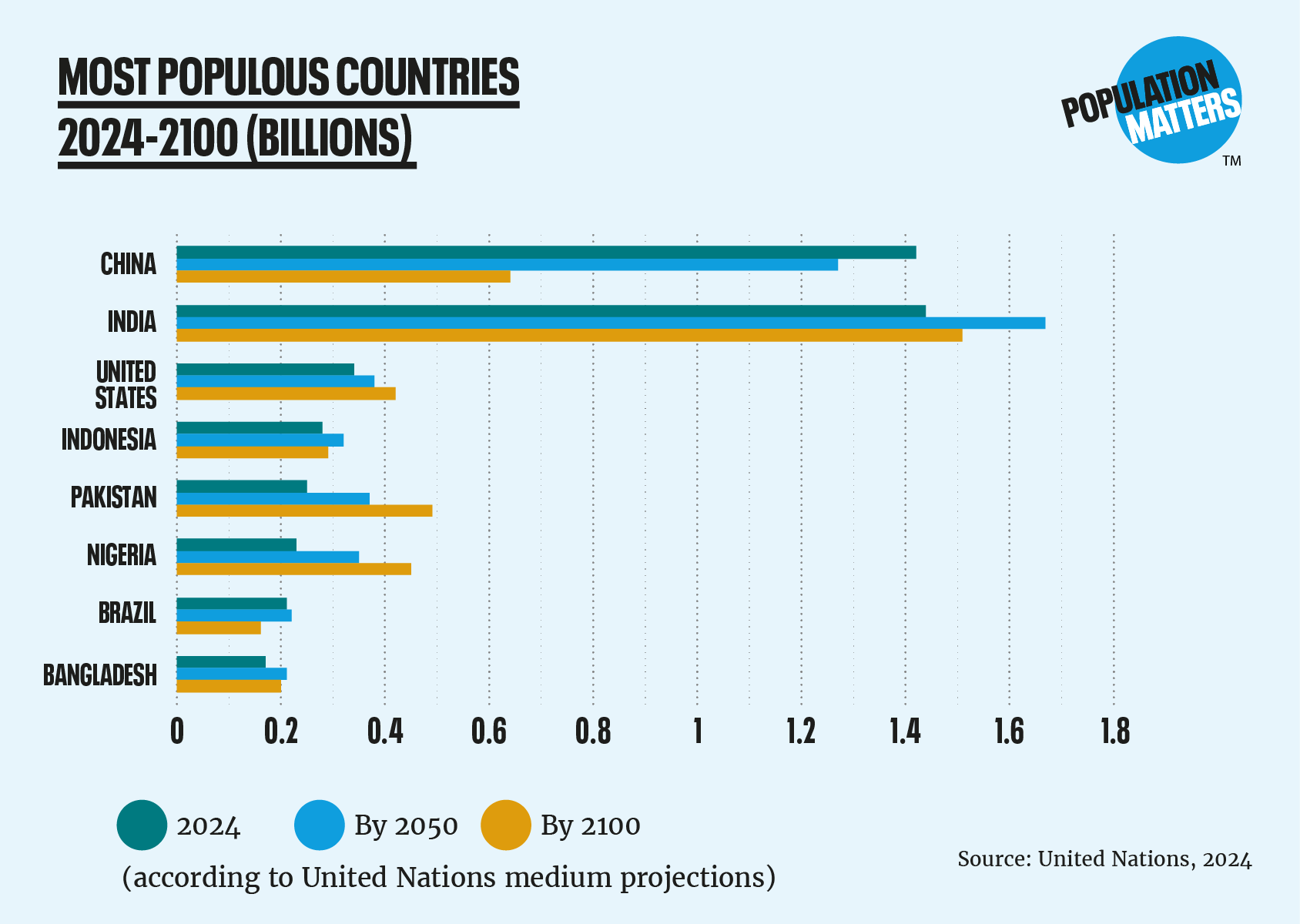
China: Upgrading population quality
Our new series returns to our Welcome to Gilead campaign, exploring global restrictions on women’s reproductive rights. In this instalment, we revisit the chapter on China’s demography from our 2021 Welcome to Gilead report.
The birth of a baby is not only a matter of the family itself, but also a state affair.”
People’s Daily, China’s official newspaper
Changing tact
China is infamous for using its authoritarian power to enforce the one-child policy, which may have contributed to economic growth but unquestionably violated the fundamental human rights of hundreds of millions of people. China is no longer, however, the poster child of population ‘control’. Today, it is starting to reverse the goals of its coercion with an aim to boost its birth rate. Given the government’s past interference in reproductive rights, the danger to women now is being forced to have more, not fewer, children than they would like.

China has been fixating on its low birth rate and sluggish population growth rate, which was slower in 2020 than it had been since 1953. In particular, the government worries about sustaining its economic growth with a declining, ageing population. One recent government study warned that its labour force could shrink by 200 million people from 2020 to 2050, and concerns about funding the pension system are deepening. In response, President Xi Jinping has emphasised family values, highlighted the reproductive role of women, and warned of instability if birth rates stay low.
“Upgrading population quality”
Like most of the countries featured in this report, China’s concern is not with mere numbers, and this is where the economic and ethno-nationalist motivations for pronatalism come together. The government’s recent five-year plan sets an ominous goal of “upgrading population quality”, and the evidence shows this effectively means higher fertility rates among the Han majority (particularly those who are educated and wealthy) and lower birth rates among minorities like the Uyghurs, who the government scorns as “baby-making machines” and subjects to forced abortions, sterilisations and long-term contraceptives.
Recent population policy harkens back to China’s not-so-distant past, when a 1993 law initially called “On Eugenics and Health Protection” intended to improve population “quality” by limiting births among those with disabilities and other health problems.

The government has demonstrated its intention to raise birth rates through positive means such as shifting the one-child policy to a two-child and then three-child policy, and talks about making education and housing more affordable. However, relaxation of restrictions has had no significant effect so far, and leaders are already eyeing more coercive policies. Premier Li Keqiang stated vaguely that the government is pursuing “appropriate” fertility rates, and the Politburo announced that it would “strengthen the education and guidance” of newly married couples and “control bad social customs”.
Pronatalist policies
Minzner’s predictions are already coming true. In September 2021, China’s cabinet released its ten-year plan for women’s health. The guidelines include the cryptic goal of reducing elective abortions, and Chinese women fear that – in light of the government’s obsession with population growth – this will mean new abortion restrictions. Some provinces, like Jiangxi, have already introduced stricter abortion measures, such as requiring several doctors’ signatures after fourteen weeks of pregnancy.
Pronatalist policies have hurt Chinese men, too. Doctors often require men to supply a ‘family planning certificate’, which states marital and parental status, before performing voluntary vasectomies, and turn down requests from men who don’t already have children. One man, who was single and childfree, was turned down by six different hospitals after being told that by seeking a vasectomy he was opposing China’s birth policy.
Shame and ridicule
The Chinese government has also used its propaganda expertise to shame single women (particularly those who are educated) for choosing careers over family. Since the demographic panic began, state media has ridiculed them as “leftover women” and encouraged them to marry and have children for the sake of the country.

Hong Fincher explains that “The Chinese government aggressively perpetuates traditional gender norms and reduces women to their roles as dutiful wives, mothers and baby breeders in the home, to minimize social unrest and give birth to future generations of skilled workers… policymakers continue to view women primarily as reproductive tools to realize the nation’s development goals”. China’s state paper told readers that “the birth of a baby is not only a matter of the family itself, but also a state affair”.
One of the most disturbing outcomes of China’s emphasis on producing more children is a flourishing industry that traffics vulnerable Kachin women from neighbouring Myanmar to serve as brides for single Chinese men. These men want a handmaid, not a wife. Once they give birth, many of these women are allowed to return home, without their babies.
Observers blame the one-child policy for leading to a surplus of single men. Today, however, the Chinese government has different priorities: one Chinese official even told a group of women’s rights activists from Myanmar that the government provides culture classes at the border to help the trafficked women become good Chinese wives.57
_________________________________________________
This article was part of Population Matters 2021 report, Welcome to Gilead.



